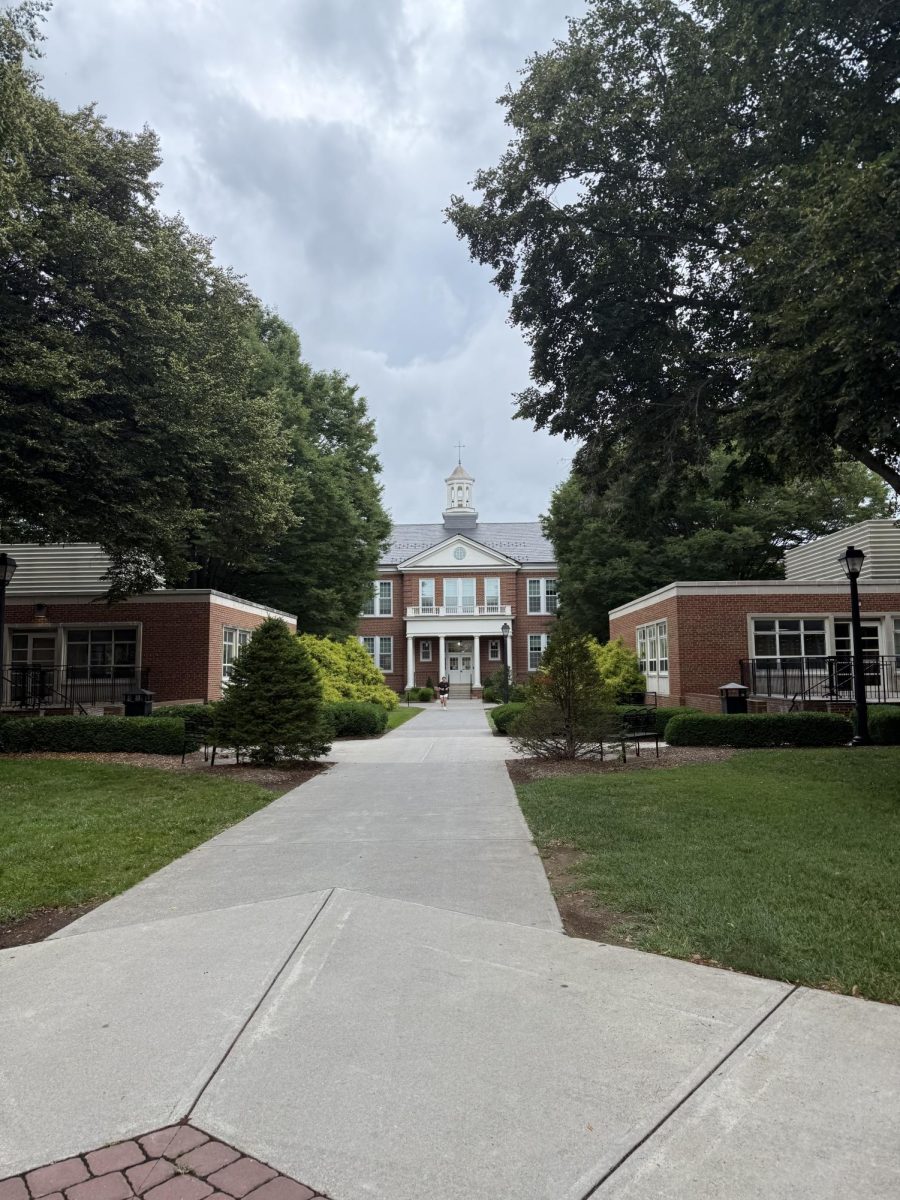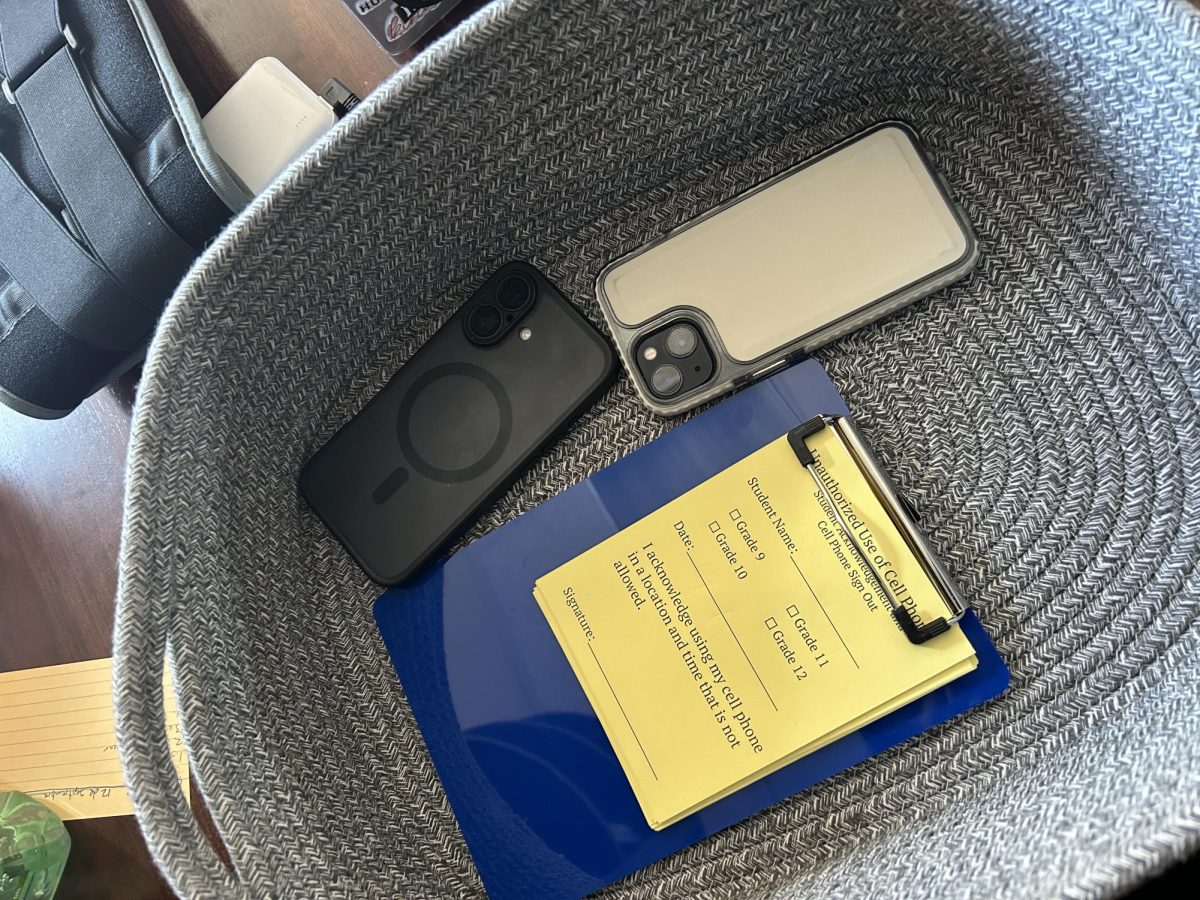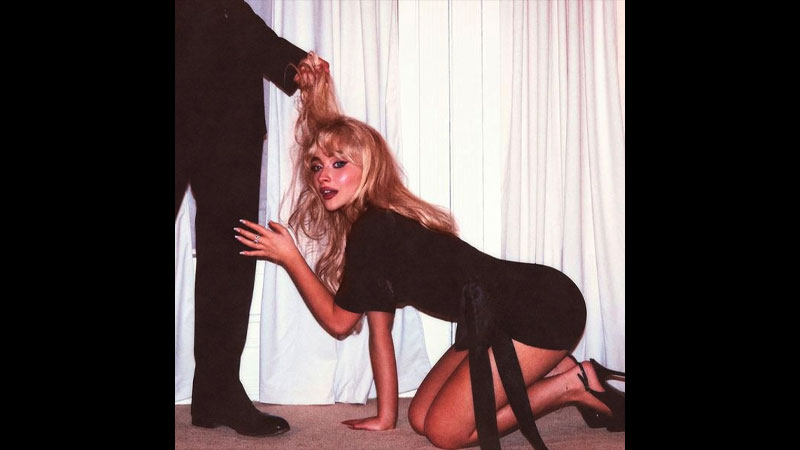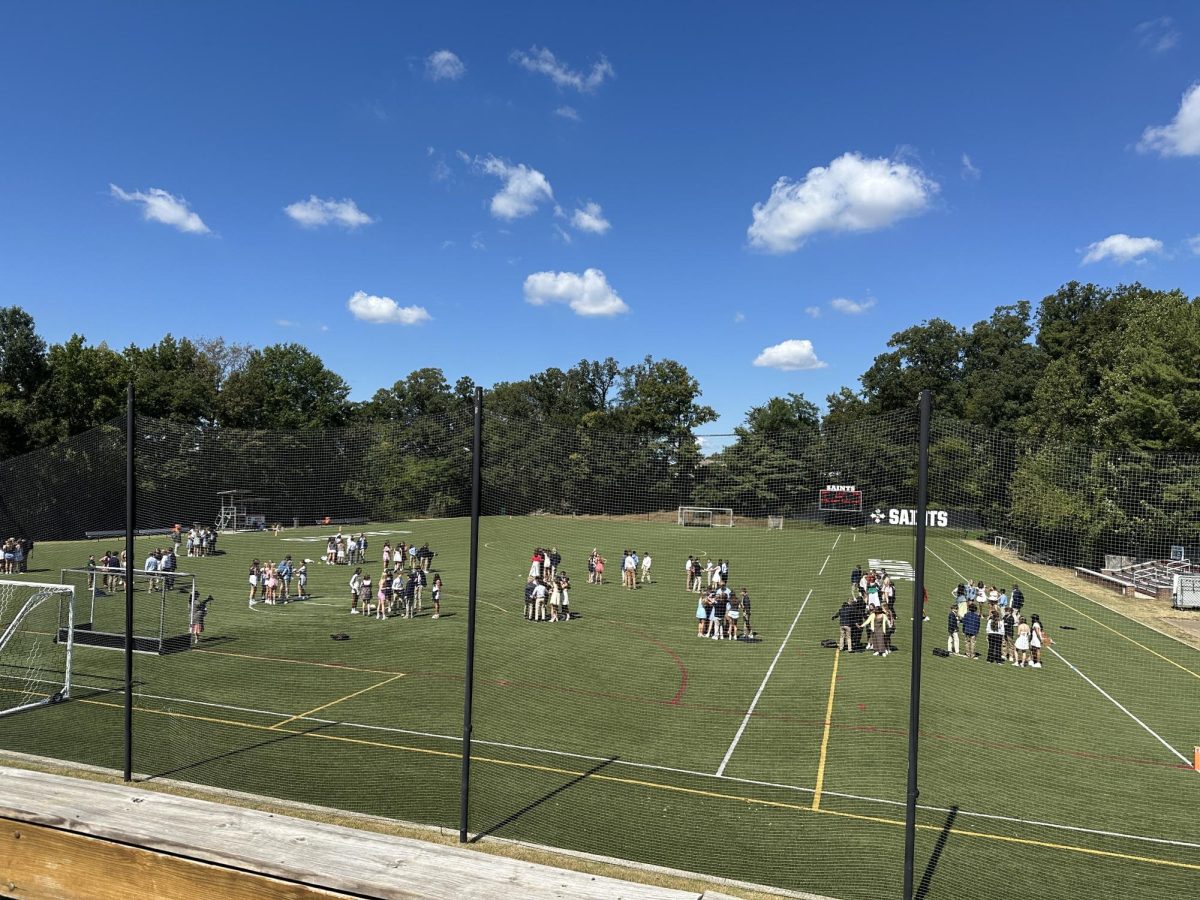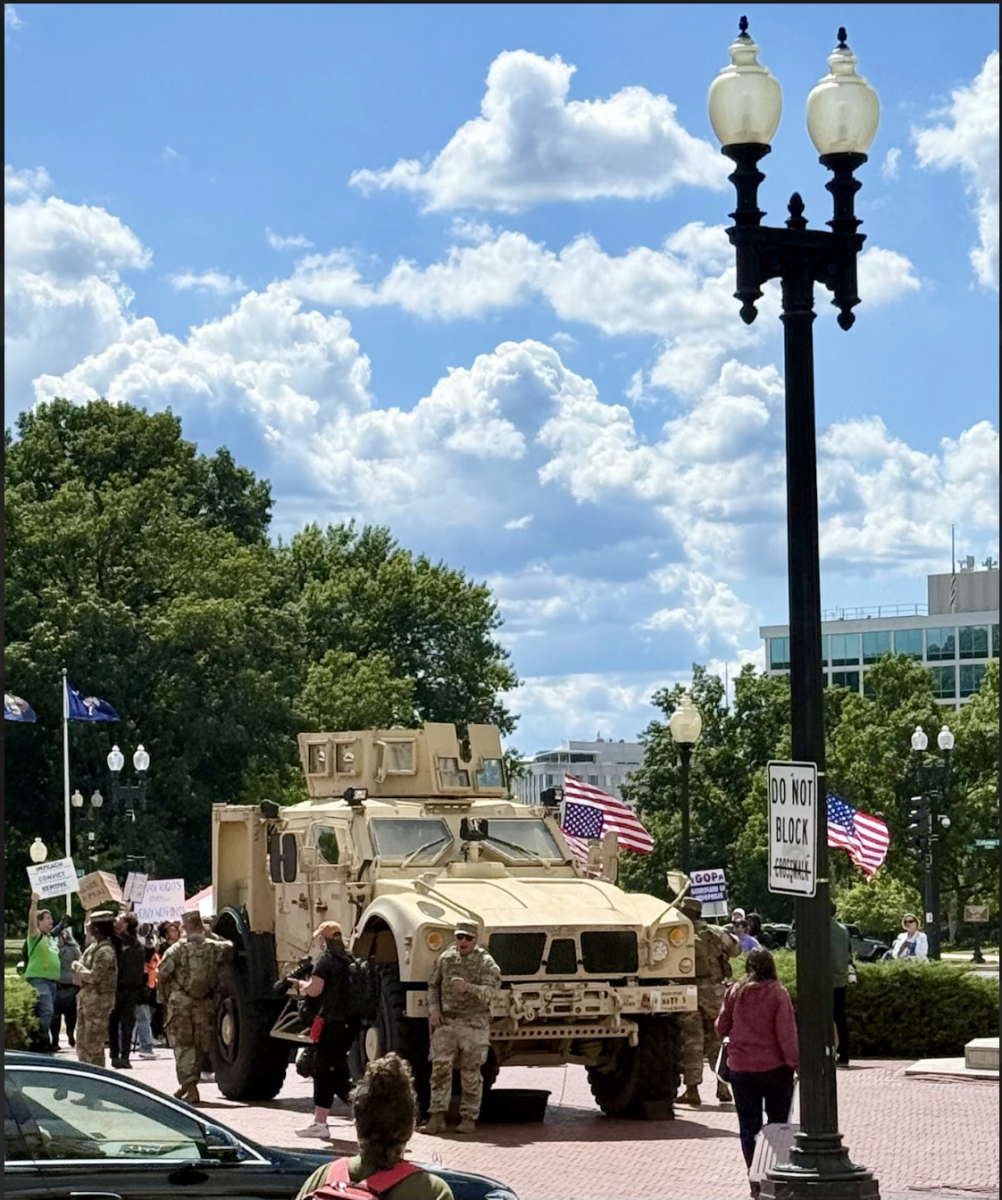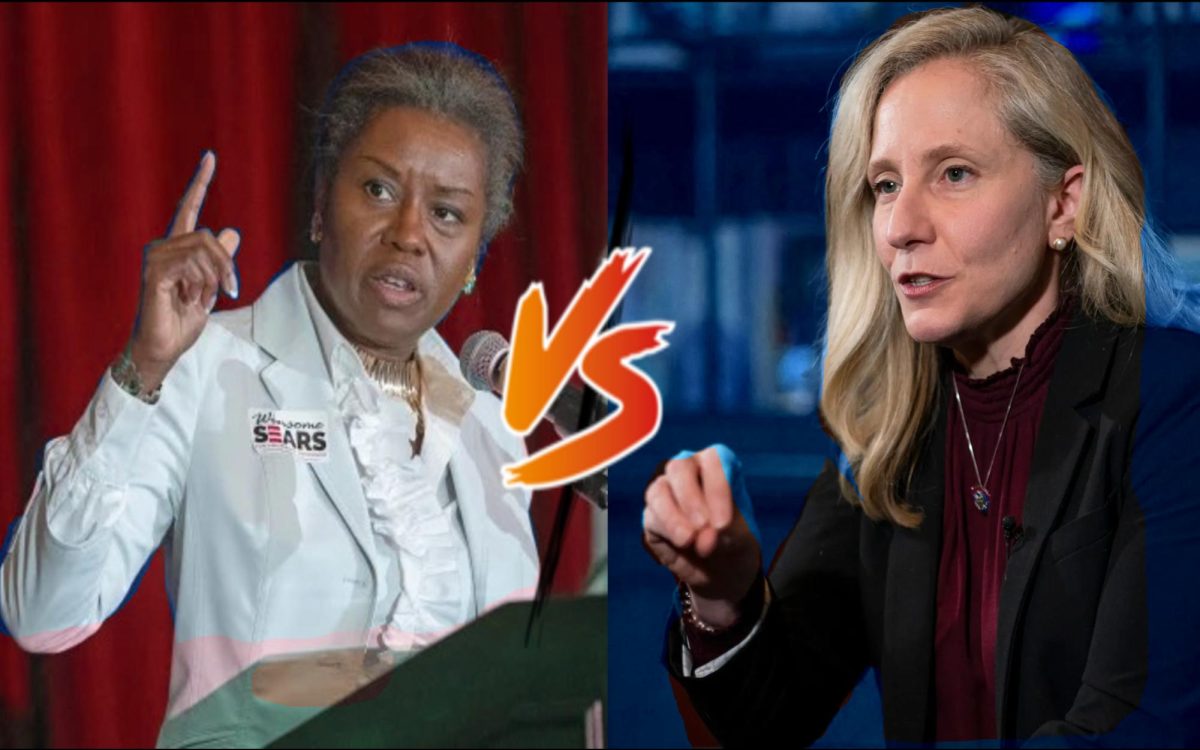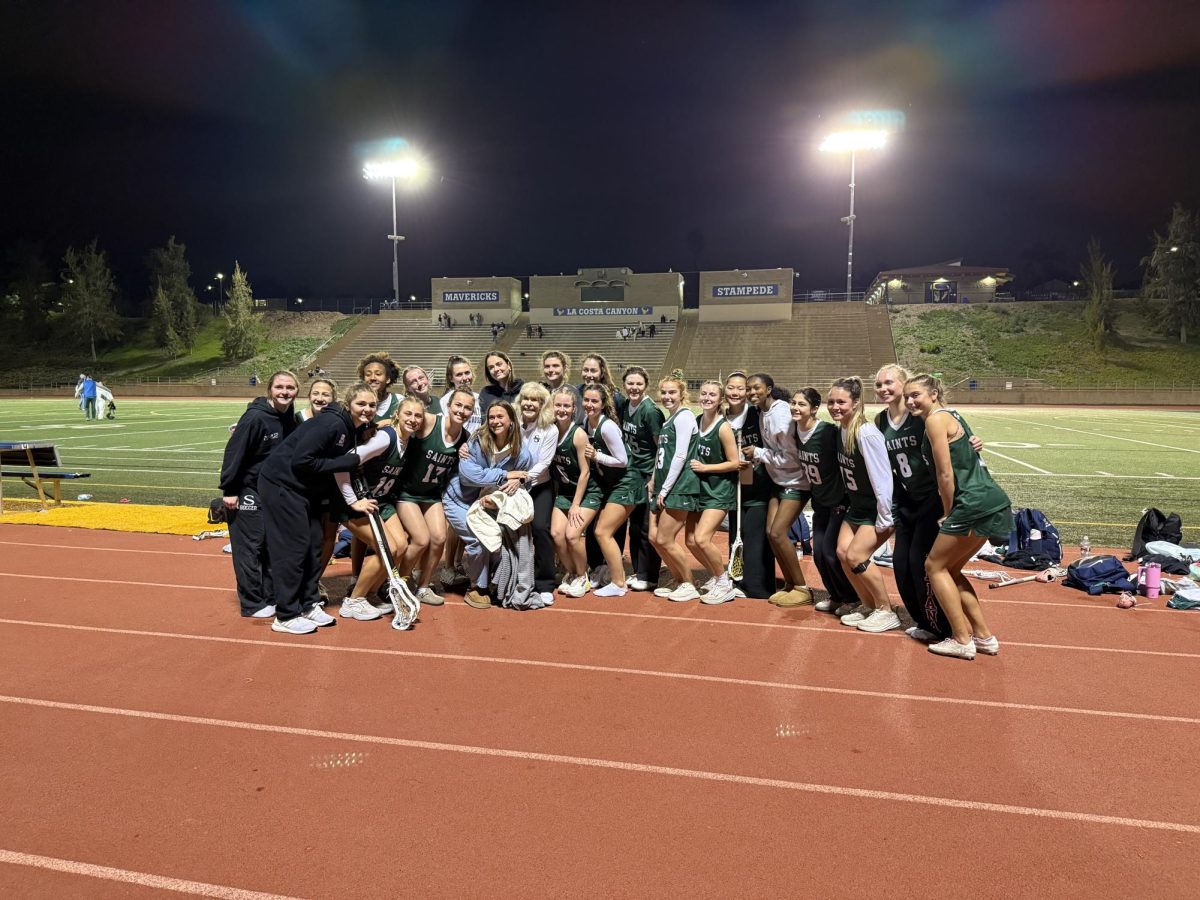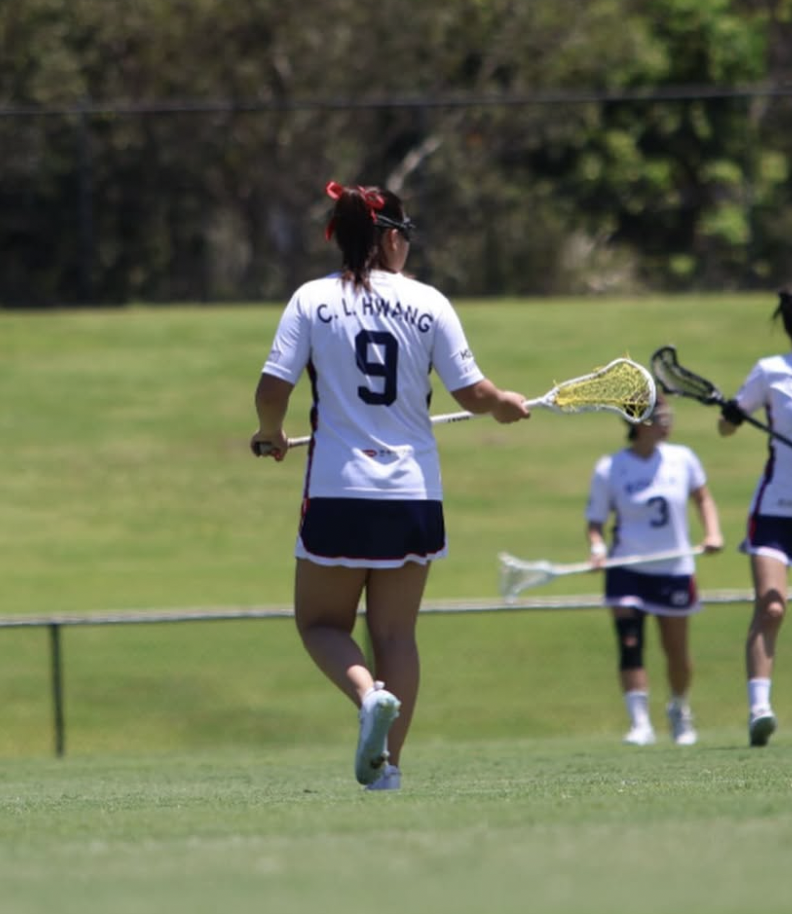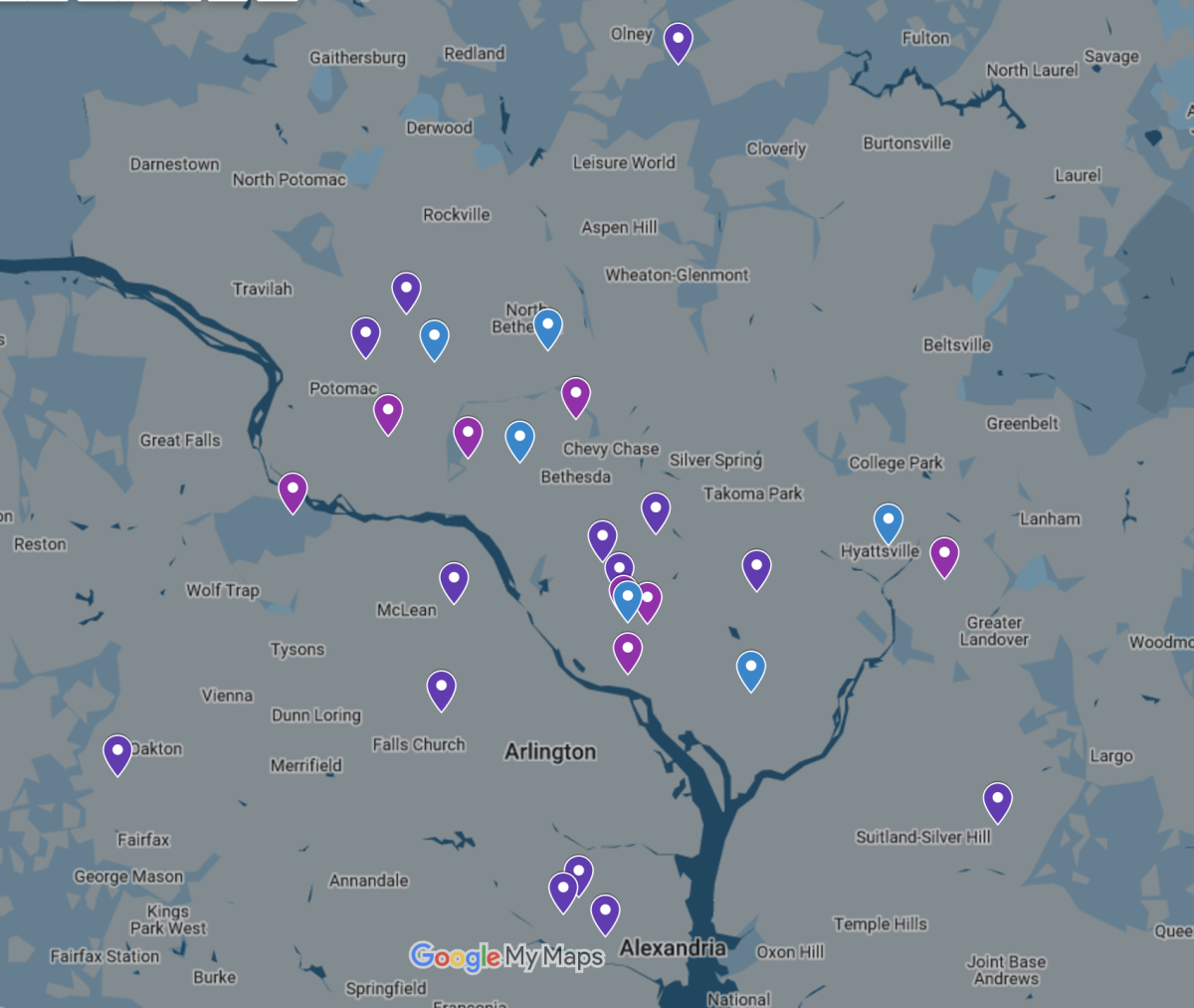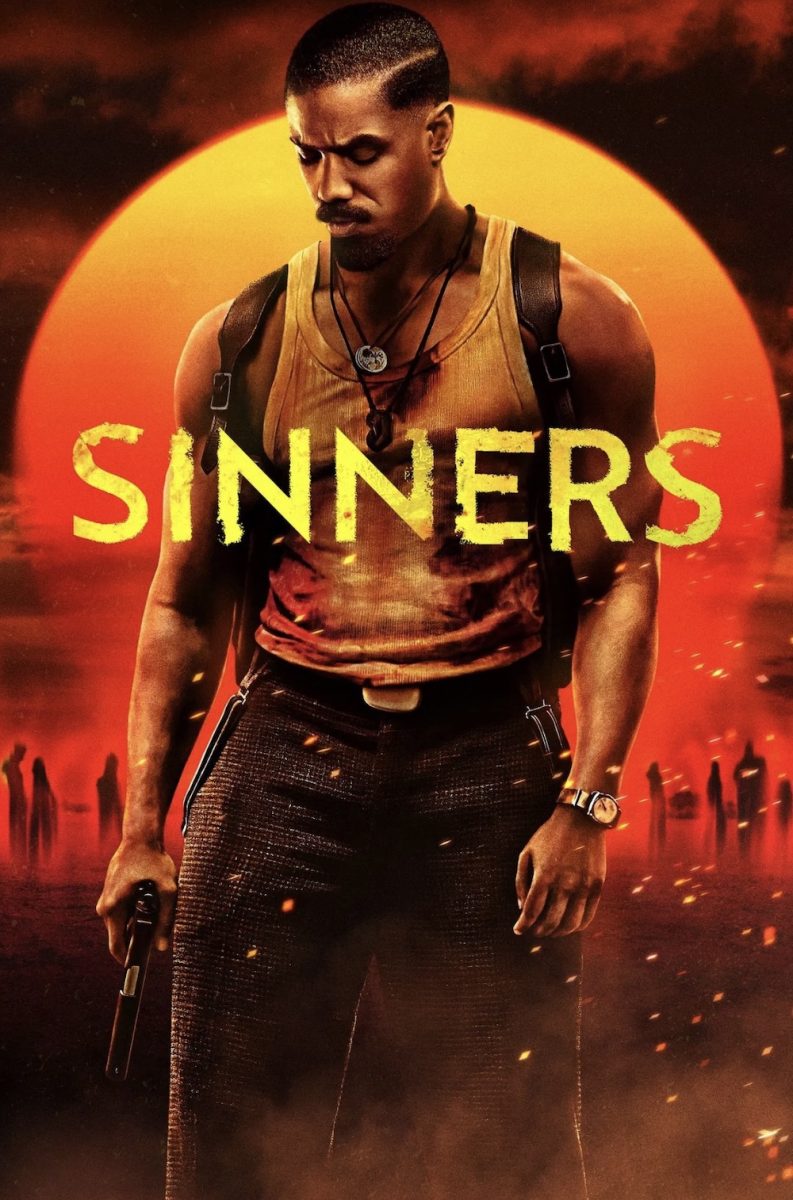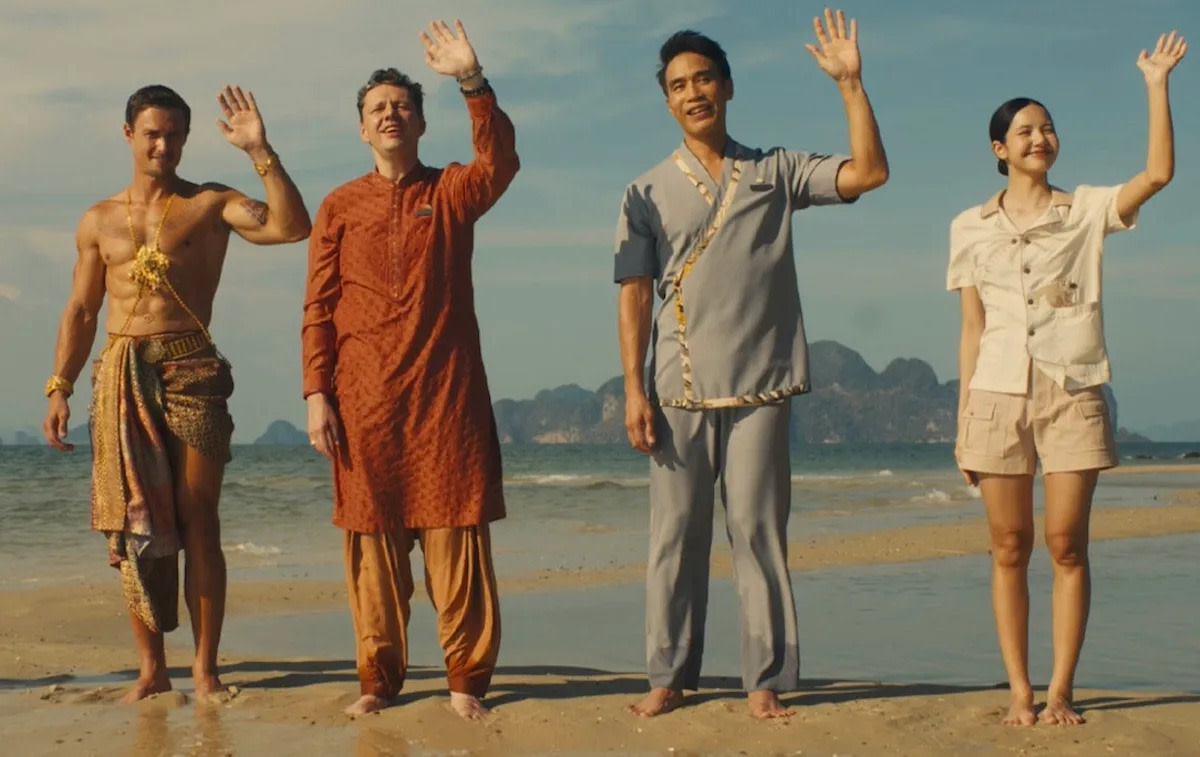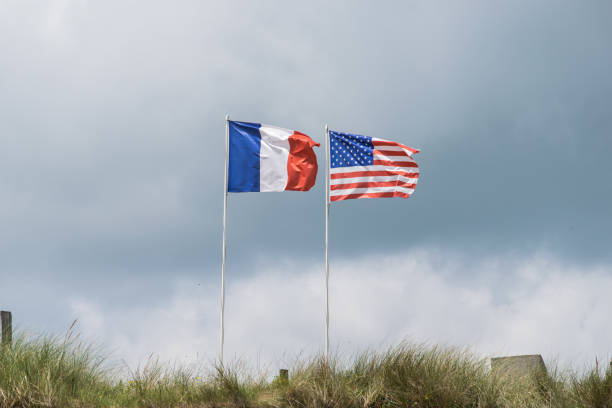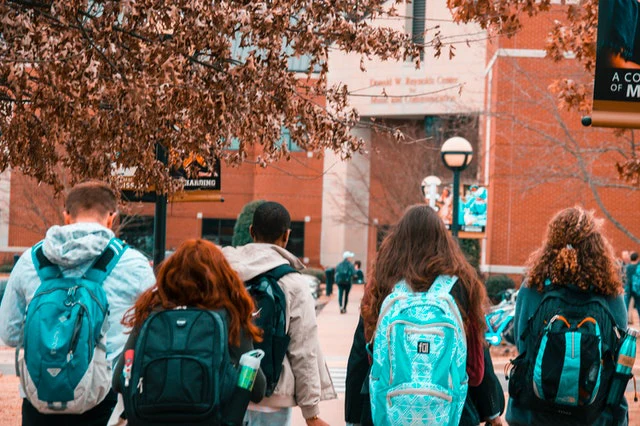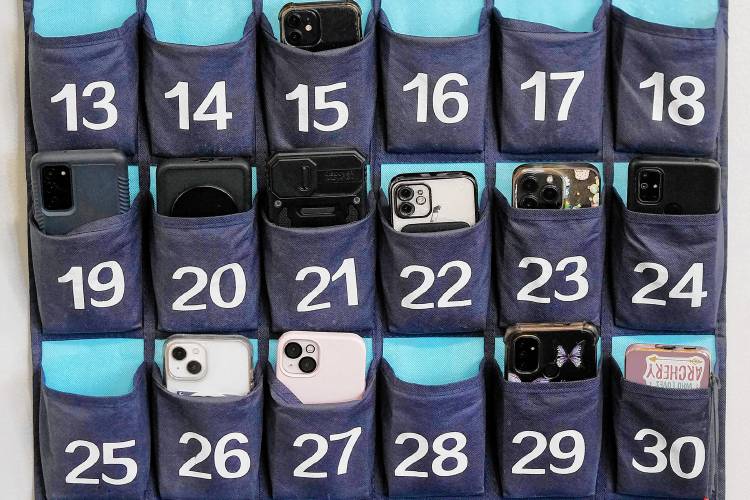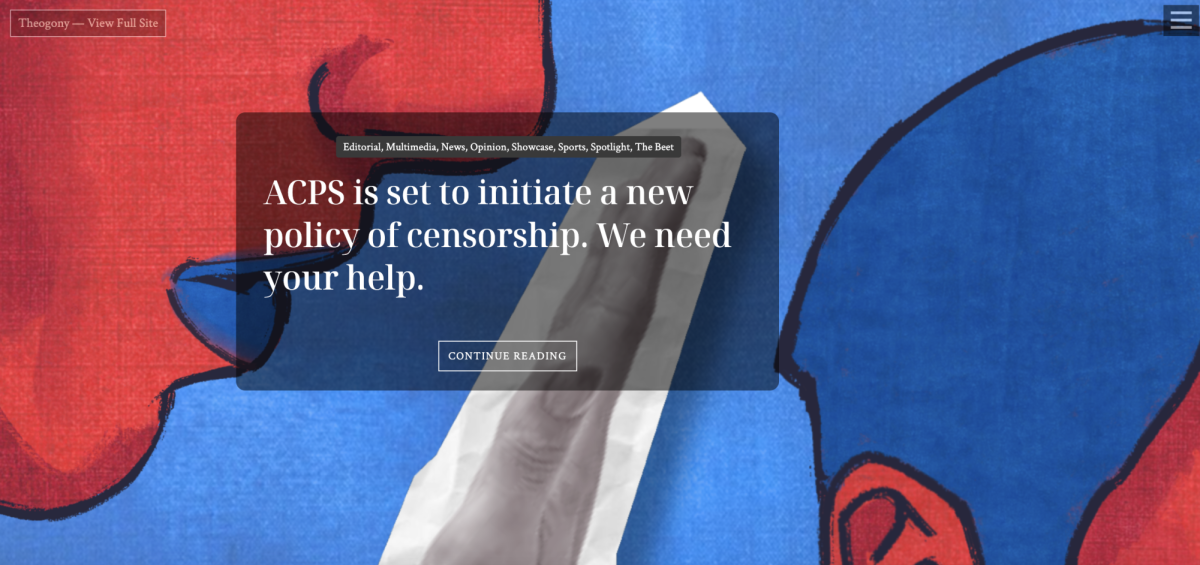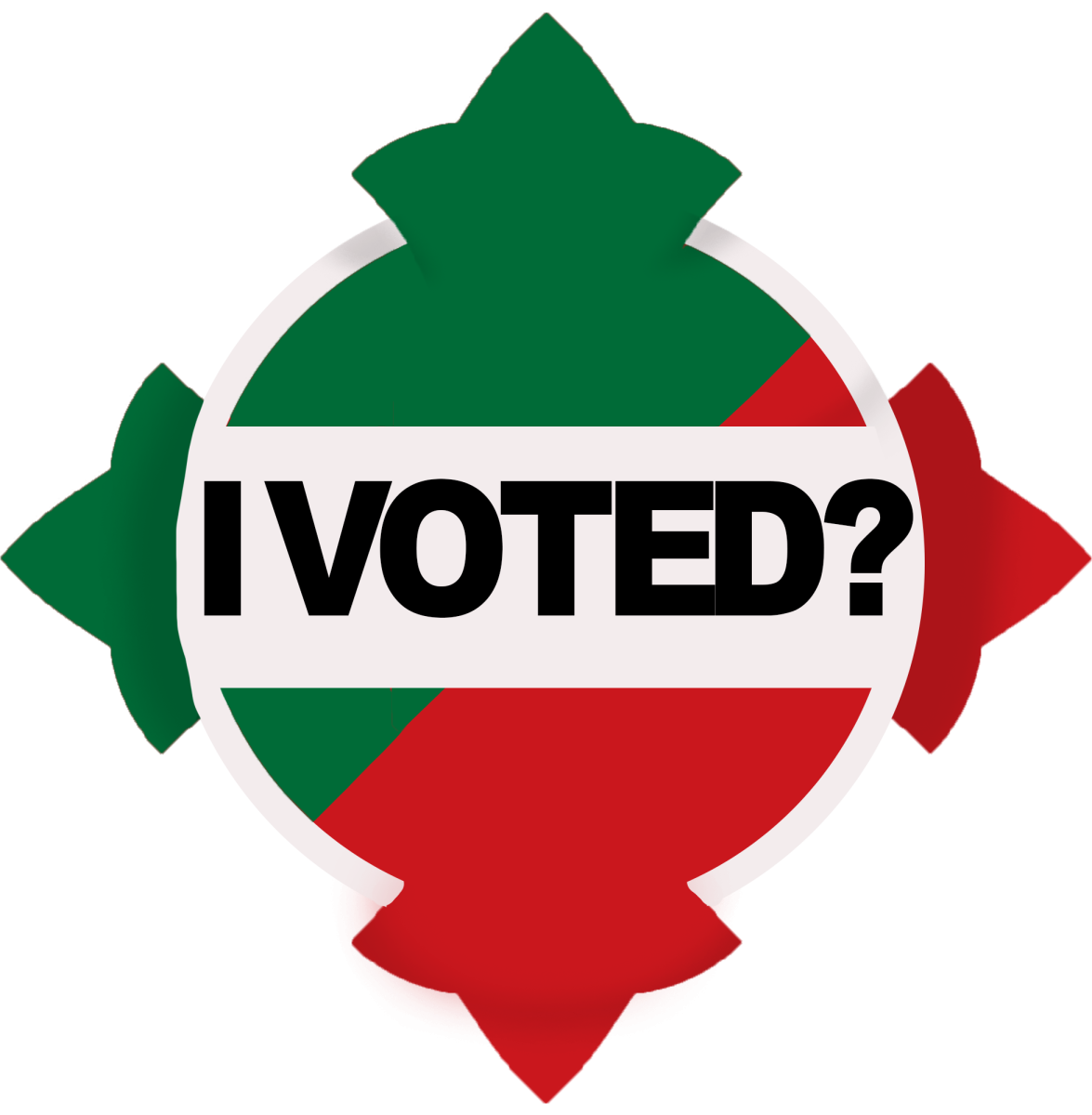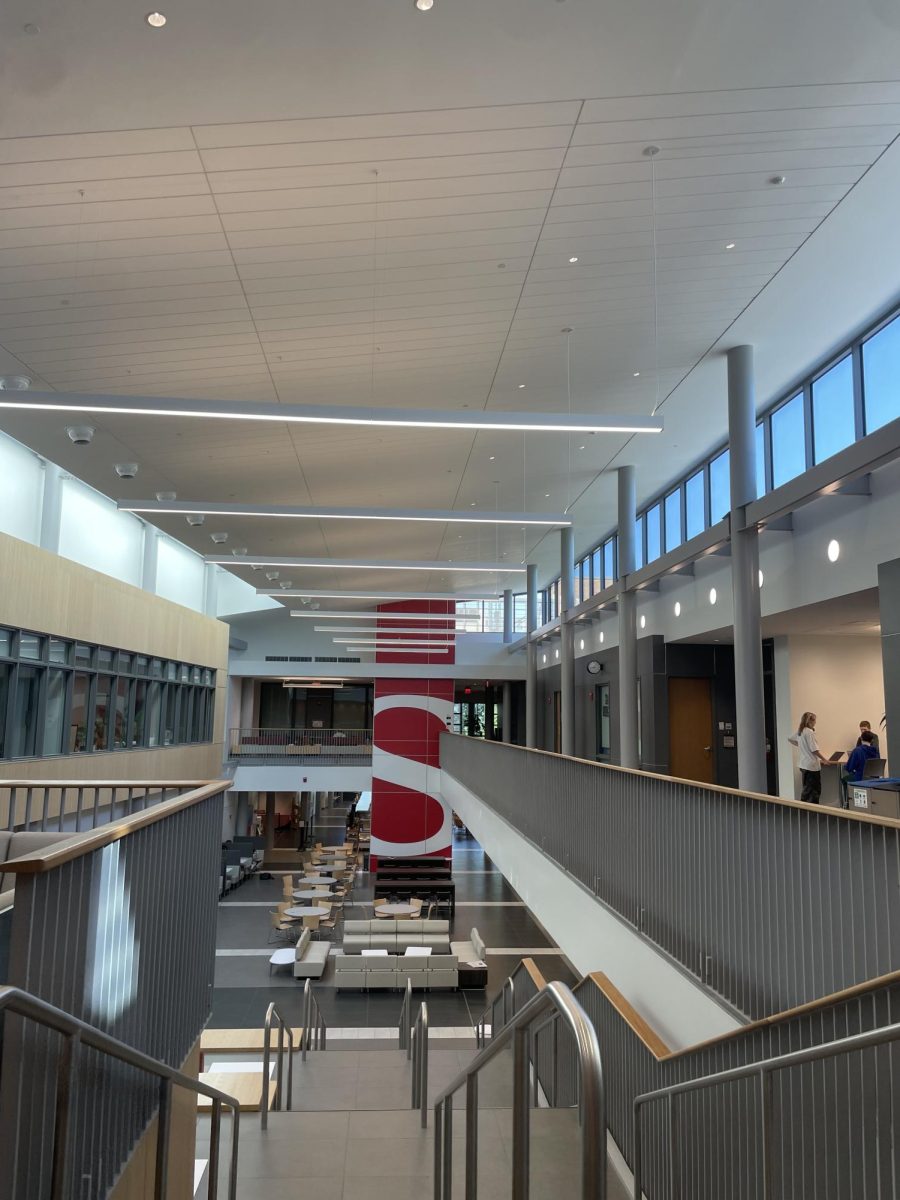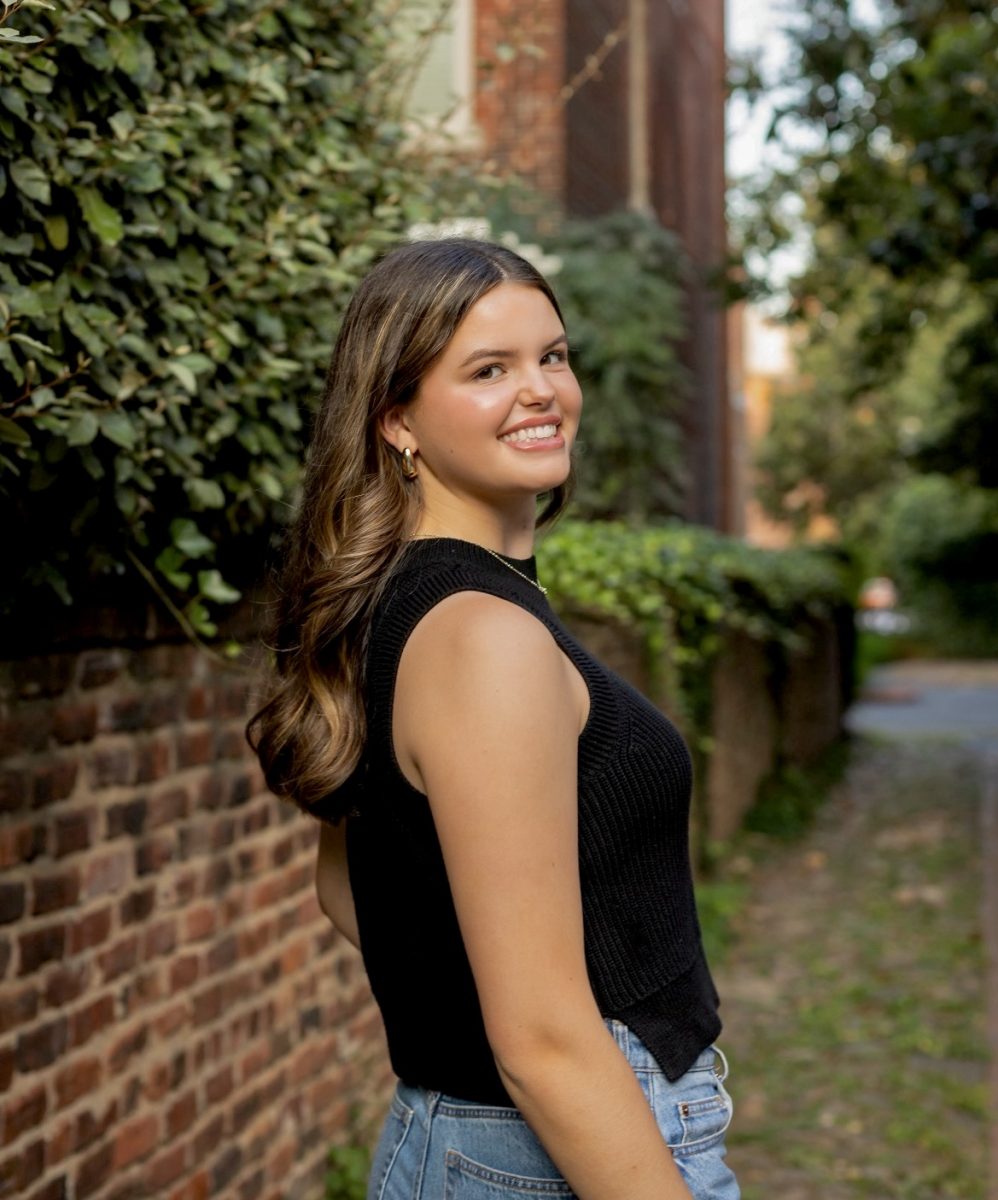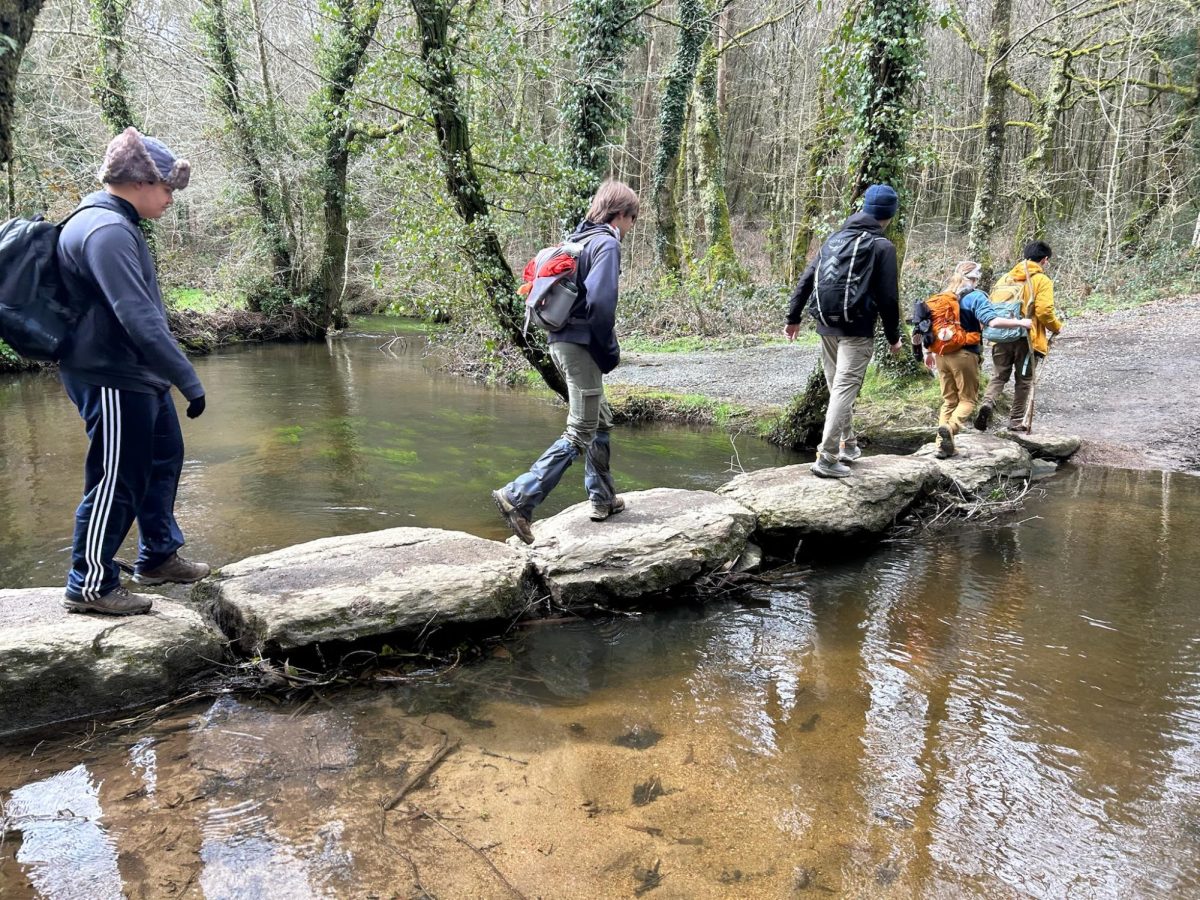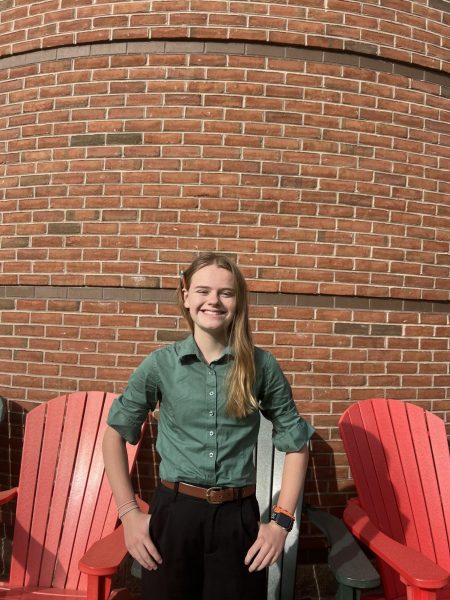When thinking about the need for political discussion in the classroom, students are concerned about whether opinion will be valued and be listened to. Teachers consider the best way to make sure there is a balance in perspectives presented. But not many people consider if politics are something that students are interested in learning more about, and how students are engaged in the political world.
SSSAS was once a thriving space for political discussion and featured a diverse range of political opinions that included clubs on all sides of the political spectrum, frequent forums, where members of the community met to discuss political issues in the world, and political organization around activities such as protests and walkouts. However, in recent years, this has largely fallen away. With another all important and controversial election closing in, the discussion regarding the place for politics in the classroom and student’s interest in engaging in these issues at school are now more important than ever before.
One of the main concerns regarding politics in the classroom is if it is fairly presented. Ms. Hardwick, head of the History Department, believes that history class is the place where students should learn about global issues, “Our general overarching policy with politics is one to keep personal politics out of it [when teaching], our goal is to make sure students understand events and beliefs, but not telling students what to think about [politics] or how to feel about it on their own.”
Mrs. Adams, the Head of School at SSSAS, reiterated this point saying, “I think there’s no place for teachers to be putting political opinions in the classroom.”
This idea of teaching political issues, but staying apolitical, is a goal mentioned multiple times among SSSAS faculty. The delicate balance between teaching politics in the classroom and not choosing a side is something that Mrs. Adams has worked hard to ensure.
Mr. Karsten, a math teacher and alumnus from the class of 2018 commented on the school’s push to not take a political stance during his time as a student at SSSAS. “I felt as a whole, the school kept a very apolitical stance during the (2016) election.”
Mr. Garikes is, in many ways, the face of politics at SSSAS. His government class is many students’ first introduction to politics, and he sees how conflicting political views play out in a classroom. For Mr. Garikes this means showing all sides of an issue, “I do the best I can to make sure that all sides of different issues are presented, and do the best I can to respect the opinions of my different students. I’ve been teaching this for quite a long time here at St. Stephen’s and Saint Agnes, and I’ve never been accused of teaching my government class in a way that someone felt that I was overly biased one way or the other.”
Not all students at SSSAS feel this way in all of their classes, however, as some students don’t feel as though political opinions are presented evenly, and political discussion is more one-sided. One student, Nick Fisher ‘25, shared this idea saying, “I do experience a lot of political dialogue in my classes, but I only see one side most of the time so it’s really not worth the time if we’re only talking about one side.”
This may be one of the reasons that political discussion has faded at SSSAS; as students feel the discussion is becoming one-sided, they are less likely to speak up, especially in opposition to what many others in the class, or even what they think their teacher might believe. A poll that surveyed 53 student’s feelings towards politics found that the major deterrent limiting political discussion at school is simply that students are tired of hearing about politics, with 47% of responses citing this as the main reason they don’t want to discuss politics at school, with the second closest reason being fear of what other people might think with 27%. With the endless bombardment of news and politics that infiltrates every aspect of life, it is easy to see how students become fed up with politics, but this can be problematic, as young people are historically the group showing up to the polls the least. According to a Harvard Politics poll, less than half of young Americans plan on voting in 2024, a number dramatically lower than in 2020.
This trend is something that Mr. Garikes has worked against. Through teaching seniors about the American government, he hopes that young people will know the privilege it is to be able to vote. “A vote is the most direct way a citizen can contribute to that democracy. And I don’t care who my students vote for, but I want them to vote. I want [them] to be informed citizens, a lot of Americans don’t really know a lot about their government.”
While the current political climate at the school is definitely subdued, it wasn’t always this way. In previous years, mock elections were held at the school, as well as political debates on stage in front of the entire student body. Dr. Sidle, a long-time teacher, alumni ‘78, and the former head of the student group the People’s Democratic Front, recounts “We had a political debate in the CPAC. It was an official assembly, student against student, I was the moderator.” While these events were a normal part of school life during the 2008 and 2012 elections, this has changed as election cycles have become more contested.
This idea of open political discussion in front of the entire school community seems like an impossibility for many in today’s political environment. Political tension has built around recent elections, and that is reflected in our school. This may be one of the reasons that discussion has reduced at the school, but the main reason is student’s are tired from the constant barrage of politics. Ms. Hardwick has felt this silence around politics, “I think kids are quieter now. I think kids were more open in 2016. I don’t know if it’s because of fear of repercussions or if its people are tired of the conversation, I don’t know why, but I feel as though I heard more diverse voices in 2015 or 2014. I don’t think I’m not hearing diverse voices now, I’m just not hearing as many voices.”
One of the most memorable instances of politics and the political realm bleeding into school life was the 2016 election. Mr. Karsten was a student himself at the time and described the atmosphere at school as tense, “the student body was pretty divided.” Former President Trump’s win was not expected by many and the school felt the same shock that the rest of the country did.
Dr. Sidle described the unexpected nature and divisiveness of Trump’s win as having a major effect on the mood at school; “I think there was some shock, certainly, in a large part of the school after the 2016 results. And there were teachers who came to work in tears. It was pretty powerful.”
Mrs. Adams decided to address the school in the wake of the 2016 election saying, “We certainly didn’t have a stand on who we wanted to win, whether we were pleased that Trump won or that Clinton didn’t win. Either way, there were students who were going to be impacted by the outcome of the election…We provided a forum at lunchtime, which we do at times when there’s a topic that people want to discuss, and also offered for students, anyone who wanted to talk to someone chaplains, counselors were available on that day.”
Clubs used to be a way to facilitate discussions around politics, but these politically centered clubs don’t exist anymore and have ceased to exist since the last presidential election. This has taken some of the only spaces for these types of conversations away. The clubs have been very active throughout the years, participating in protests and debates, as well as regular meetings to discuss current issues and events. Mr. Kunz, the former faculty proctor for the Young Republicans club said: “Once [the seniors] graduated, it kind of fizzled out. And I don’t even know if there is a young Democrats club or I don’t think there is anymore.” Political activism and club leadership largely rely on a single student or small group of students; when this group graduates, clubs can struggle to continue or stay organized, as seen currently at SSSAS.
Dr. Sidle also experienced this trend with his club, “When he [the president of the club] graduated, we just didn’t have much energy anymore behind it, no momentum.” The club used to be very well organized and active in the community doing activities such as going to protests, organizing forums, and collaborating with the environmental club. This included going to the White House to protest the Keystone XL pipeline, organized by students independent from the school.
When the question arises as to political fairness at SSSAS, the question usually revolves around whether the school favors a liberal view. The shock felt by students that led to blackbox forums and discussions following the 2016 election was not felt in the same way by students following the 2020 election when life more or less went on as normal. Mr. Kunz says, “Now I feel like, especially on the conservative side, I think it’s become harder for faculty to be willing to share that particular stance with students.” This feeling of lack of belonging is reflected by many in the school community, as a 52% majority of students polled responded that they don’t think their personal political views are valued at SSSAS.
Others at SSSAS do feel as though the school values their political beliefs. Eli York-Simmons ‘25 feels as though different political beliefs are evenly represented in the classroom, “In my experience, the teachers I have had have been very down the middle and careful about using words and language that are not to favor one political party.”
There will always be some problems and pushback when it comes to the curriculum, especially around topics such as DEIB, but as Dr. Sidle says, “For us, that’s teaching empathy. And, we’re trying to fight ignorance, and it’s all education. We’re trying to look at life as intellectuals, and that means everything’s on the table. And for some people that’s uncomfortable.”
We are just months away from November and if there can be anything to learn from the last few election cycles, this means heightened tensions, rising emotions, and politics spilling into all parts of daily life. The school is prepared for this tension, and it is already an expectation going into next year. Students’ interest level in politics, or willingness to engage in discussion about politics at school may have also changed in the last four years. The opportunity to create a school where political opinions are exchanged freely respectfully and openly is there, the question will be whether students decide to use this or not.
Mrs. Adams hopes students learn these dialogue skills from their time at SSSAS, “One of the things that’s really important to us as an institution is that you guys learn how to leave the school community, being able to be in dialogue with people with different perspectives. And so I do worry about that, our society has less patience for people with different perspectives. And I think we get better when we are around people with different perspectives in order to understand our true perspective.”
